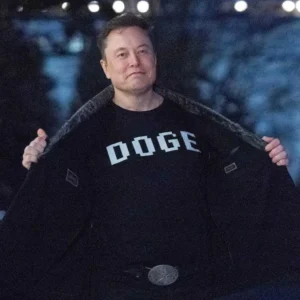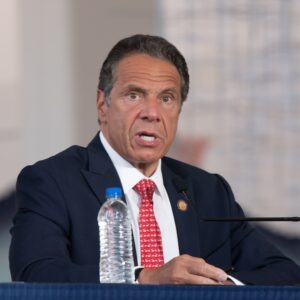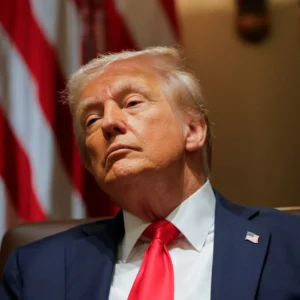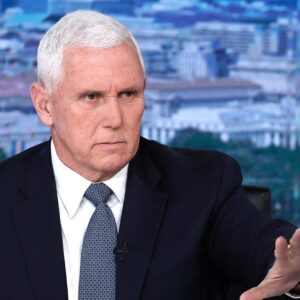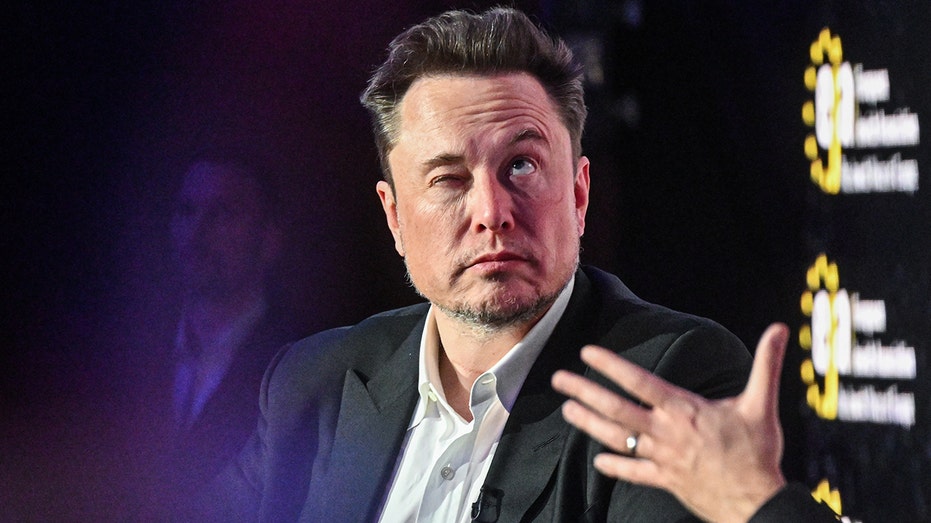
Elon Musk Owns 12.8% of Tesla — The Other 87.2%? It Might Be Funding Your 401(k)
Elon Musk is often portrayed as the face of Tesla — and rightly so. As the co-founder, CEO, and technological architect behind the company’s success, Musk’s name is almost synonymous with Tesla itself. But here’s a fact that often gets overlooked in political debates and online arguments: Elon Musk owns only 12.8% of Tesla. That’s right — the other 87.2% is in the hands of institutions, mutual funds, pension plans, and everyday investors, many of which might be the same ones managing your 401(k) or retirement fund.
So, when people throw around heated political rhetoric about Elon Musk and Tesla, particularly from the left, it’s worth pausing and thinking — do you really not support Musk, or are you unknowingly betting your financial future on the very company he leads?
Let’s unpack what this really means.
Tesla: A Public Company With Public Stakeholders
Unlike a private company where ownership is concentrated in a few hands, Tesla is a publicly traded company listed on the NASDAQ (TSLA). This means its ownership is split across millions of shares that can be bought and sold by anyone — including large institutions, mutual fund managers, state pension funds, and yes, individuals contributing to their retirement plans.
As of the latest filings, Elon Musk owns about 12.8% of Tesla stock. That’s a substantial stake — making him the largest individual shareholder — but it also means the vast majority of the company is owned by others. And here’s the kicker: many of those “others” are institutions managing your money.
Think Vanguard. Think BlackRock. Think State Street. These asset management giants are some of Tesla’s largest shareholders. And what do they do? They manage trillions of dollars in retirement savings for millions of people — including public workers, teachers, union members, and everyday Americans.
The Ironic Twist for Critics
This is where the irony sets in for some of Elon Musk’s most vocal critics — especially those who lean progressive or liberal and are contributing regularly to retirement accounts.
Let’s say you’re a teacher in California and part of the CalSTRS pension system. Or you work a government job and your pension is through a fund that holds Tesla stock. You may not realize it, but part of your retirement savings is being funded by the success of Tesla and, by extension, Elon Musk.
Even if you’re managing your own IRA or 401(k) and you’re invested in a broad-market index fund — like the S&P 500 — guess what? Tesla is one of the largest components of that index. That means, every time Tesla’s stock rises, your retirement account likely benefits.
So while it’s trendy in some circles to rail against Elon Musk on social media, it’s worth asking: Are you cashing in on his success while criticizing him in public?
Is This Hypocrisy or Just Unawareness?
To be fair, most people aren’t financial analysts. They don’t spend their evenings reading SEC filings or tracking institutional ownership. But the disconnect between political rhetoric and financial reality is worth highlighting — especially in today’s polarized climate.
Progressive critics might oppose Musk for reasons like labor issues, anti-union sentiments, or his stances on free speech and social media. Those are fair debates in a democracy. But it’s important to acknowledge the full picture: Tesla has become a key part of America’s innovation story, a pillar of the electric vehicle revolution, and a wealth generator for millions of investors.
That includes blue-collar workers, retirees, union pension plans, and middle-class investors. It’s not just about billionaires getting richer — it’s about millions of everyday Americans seeing real gains in their portfolios because Tesla is doing well.
The Broader Lesson: Capitalism Is Interconnected
This Tesla ownership scenario is a powerful reminder of how interconnected the American financial system really is. In a capitalist society where companies go public and raise money on the open market, anyone can be a part-owner — from billionaires like Musk to school teachers contributing $200 a month into their 401(k).
When you invest in index funds or ETFs — which the vast majority of Americans do for retirement savings — you’re investing in the entire ecosystem of American business, from Google to Amazon to… yes, Tesla.
And those companies don’t operate in isolation. They’re built and led by real people, often controversial ones. If you pulled your retirement savings from every company whose CEO you disagreed with politically, you’d probably have nothing left to retire on.
This doesn’t mean you can’t hold companies accountable or voice disagreement with CEOs. But it does mean that smart investing often means putting emotion aside — and recognizing that capitalism, like it or not, is a system that works because of this shared participation.
Why Musk’s Minority Stake Still Matters
It’s also important to understand the flip side: even though Elon Musk only owns 12.8% of Tesla, he still wields massive influence. That’s because stock ownership doesn’t always equate to voting control or management power. As CEO and public figurehead, Musk shapes the company’s direction, product strategy, and public messaging.
For some, that’s a reason to be cautious. For others, it’s the reason they invested in Tesla in the first place. Musk is a polarizing figure — but he’s also a visionary who has helped bring electric vehicles into the mainstream, launched commercial space flight through SpaceX, and disrupted industries from energy to transportation.
Love him or hate him, his impact is undeniable — and his leadership is a big reason Tesla’s stock is what it is today.
So… Are You Investing in What You Protest?
If this article sparks anything, let it be curiosity. The next time you see a headline about Elon Musk, Tesla, or billionaires, take a moment to check your retirement statement. Look at your mutual funds. Check your ETFs.
You might find Tesla in there. And if you do, know that part of your future wealth is riding on a company you may have criticized, whether online or in conversation. That doesn’t make you a hypocrite — it makes you a participant in a very complicated, often ironic, but ultimately interconnected system.
Final Thoughts
Elon Musk may only own 12.8% of Tesla, but the rest is spread far and wide — through retirement accounts, pension funds, index trackers, and mutual fund portfolios. The next time someone dismisses Tesla as “just Elon’s company,” remember that it’s partly your company too, especially if you’ve got a 401(k).
In a world where political opinions and financial interests often collide, it’s worth taking a closer look at where your money actually goes — and what it says about the future you’re investing in.


